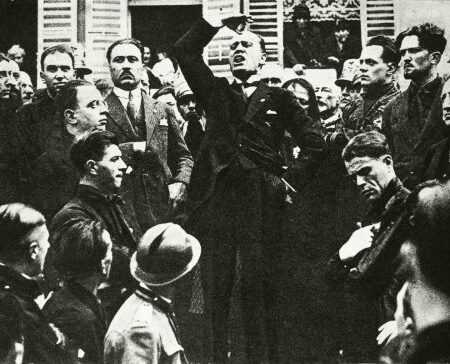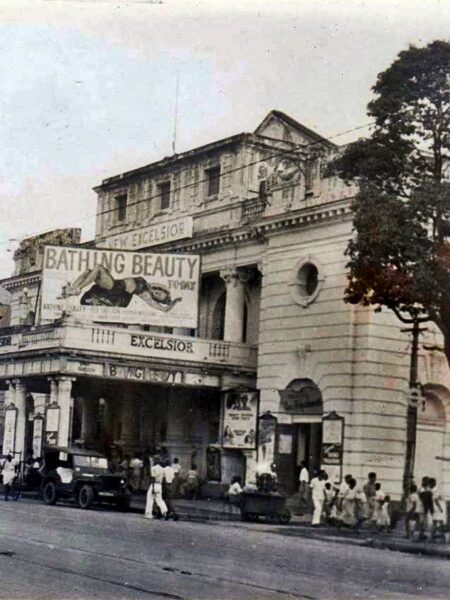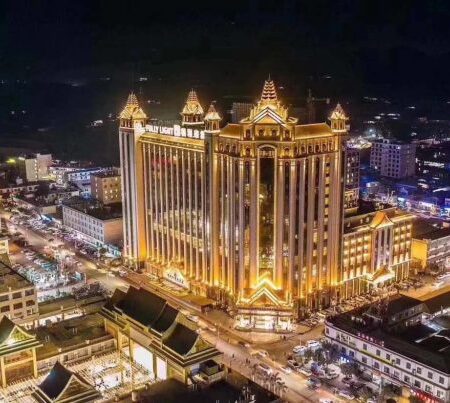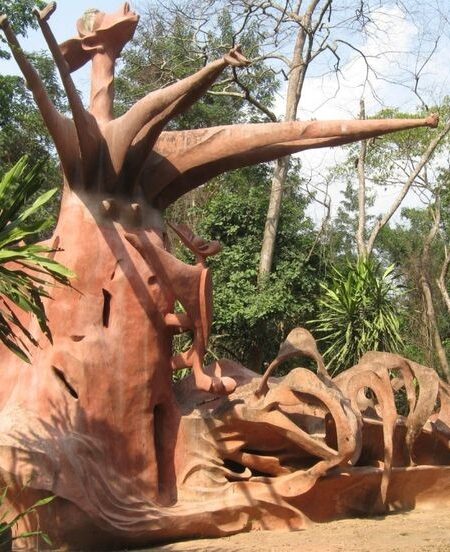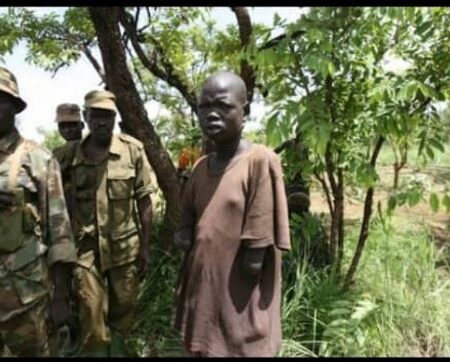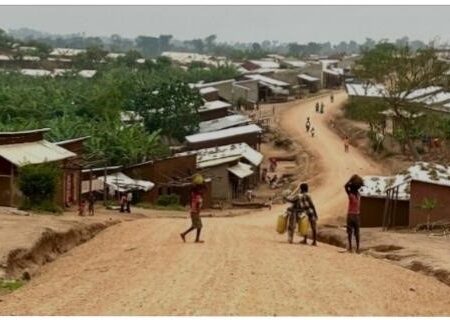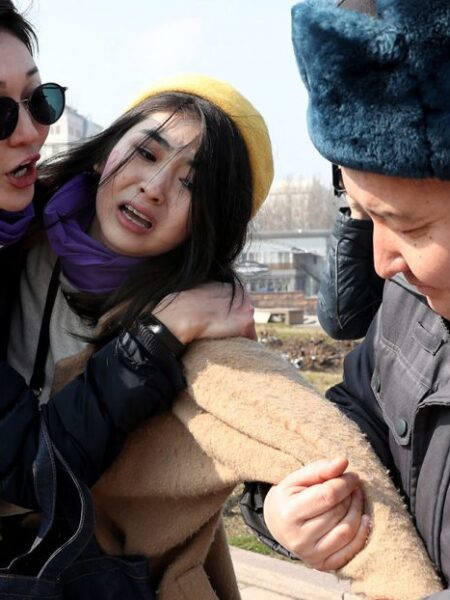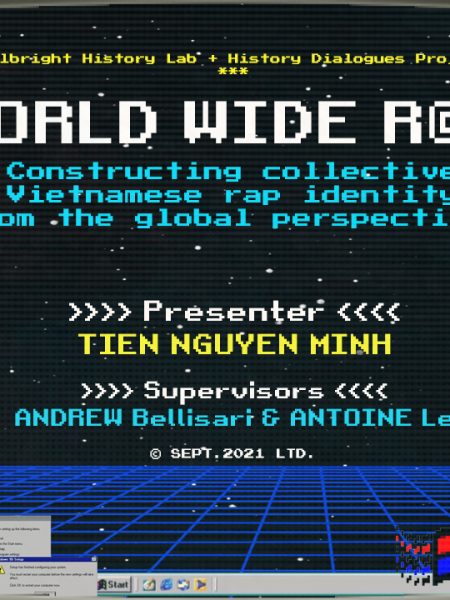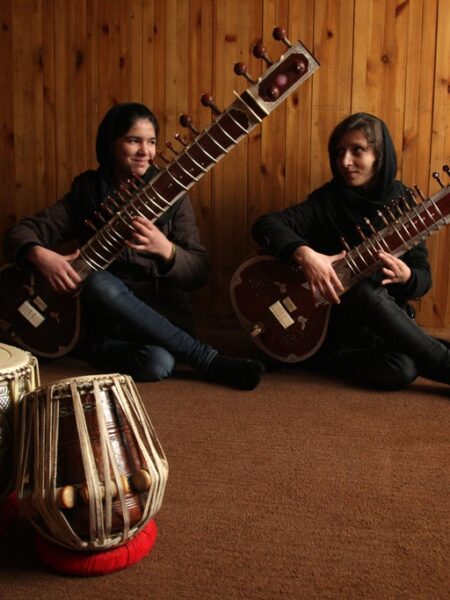INTRODUCTION
Police Brutality is a seed sown into the Nigerian society first by the colonial government, then the long military rule and the now corrupt federal government. According to the website of the Nigeria Police Force, “during the colonial period, most police were associated with Local Governments (Native Authorities)” and from the 1960s, under the First Republic, “these forces were first regionalized and then nationalized”.[1] The Police system in Nigeria was not designed to protect the rights of citizens but instead to violate them in the interests of the ruling body. Protests and movements have been instruments used by the citizens to voice out their grievances against the corrupt ruling body and the corrupt systems they have created; one being endless police brutality. The 2020 #EndSARS movement therefore represents the voice of the Nigerian youths against police brutality. The movement also voiced the youth’s discontentment with governance throughout the country. The movement demanded that the government tackle the root causes of poverty, insecurity, human rights abuses and socio-economic instability. In my paper, I aim to show how this recent event expressed the grievances of the youths.
THE ROOTS OF POLICE BRUTALITY IN
NIGERIA.
Scholars generally agree that the origin of the Nigeria Police Force can be traced back to the colonial system. For example, Alhaji A. Sheidu, argued that the Nigeria Police was established as “an instrument of coercion.”[2] The Nigeria Police was established by the Colonial Ordinance No.3 of 1930.[3] Toyin Falola, Africa’s most prolific historian, in his book, Colonialism and Violence in Nigeria (2009), traces the origin of police brutality to the colonial system. He argues that Violence is connected with the larger issues of power, resistance, terrorism, and nationalism.[4] The colonial state used violence as an instrument to enforce their will and propaganda. The Colonial state had a monopoly of deadly arms and force which it could apply at will, the power to crush and criminalize bodies or voices that represented the people. Colonial rule planted the seeds of incessant violence and division in the territories that now make up modern Nigeria.[5]. After Nigeria’s independence in 1960, the rot of militarism brought the nation to its knees in institutional terms. Violence, abuse of human rights and abuse of power defined the military rule that lasted from 1966-1999. This same theme remained even as Nigeria adopted a Democratic system of government in 1999. The new government used violence as a way to oppress the citizens. Thus, it is not a surprise that the Special Anti-Robbery Squad (SARS) formed in 1992, continued the use of torture and other ways of ill-treatment to punish, and even execute the suspects.
It is precisely as a response to this violence in the form of police brutality that #EndSARS movement came about. The #EndSARS slogan was first introduced in December 2017 as a response to the illegal activities and records of abuse of the notorious police unit, SARS. A decentralized movement that had different protest units all over the country and is notable for its patronage by a demographic that is made entirely of young Nigerians. The protest in Nigeria was characterized by a unified agenda, social media usage, persistence, lack of a formal leadership structure, effective coordination, logistics, and support from Nigerians abroad. It is recorded as the largest peaceful protest ever led by the youths in Nigeria. In the following section, I introduce the riots that occurred in 1989 in order to compare it with the more recent EndSARS riots.
THE 1989 ANTI-SAP RIOTS IN NIGERIA AND THE POLICE: A REFLECTION OF THE 2020 ENDSARS MOVEMENT
The 1989 Anti-SAP Riots were a series of violent student (Nigerian youth) led anti-government protests that took place throughout Nigeria between May and June 1989. The World Bank in conjunction with the Nigerian military government of General Babangida (IBB) set up policies of free market capitalism in the so-called Structural Adjustment Program (SAP) in an attempt to stop the effects of falling oil prices and foster development of local industries, and thus to ensure that Nigeria qualified for a loan. This Structural Adjustment Program (SAP) facilitated opulent lifestyles for corrupt government officials, while the general populace endured ongoing hardship and suffering. Nigeria’s external debt spiked between 1986 and 1989. It led to inflation, the first major fuel price hike in 1988, increase in food prices and transportation costs, meal ticket increased in universities from 50 Kobo to 1.50 Kobo then to N2.00 and student accommodations were overcrowded.[6]
The protests started peacefully with the students of The University of Benin on May 24. By May 29, it spread to other universities such as: The University of Ibadan and The University of Lagos. The peaceful protests transformed into chaotic mob riots, involving a combination of civilians, hoodlums, and gangsters. Things escalated to the extent of arson, with several petrol stations being set ablaze. In the early days of June, the anti-riot police in Lagos and Ibadan were responsible for the deaths of dozens of individuals. Tragically, a significant number of Nigerian university students lost their lives, sustained injuries, or faced harassment during the course of the protest. In response to the demonstrations, the military government closed 13 educational institutions, prohibited the National Association of Nigerian Students, arrested protesting students, and initiated legal charges against their leaders[7].
I wish to stress that the Anti-SAP riots is the first major youth-led protest in Nigeria and as such should be compared with the 2020 EndSARS movement. The students fought against the same cause which in essence is advocating for social justice in Nigeria. Their goals, persistence, desire for change and an accountable government is similar. They are both protests that started and were headed by the youths to voice out their demands and grievances.
END SARS: A WAKE UP CALL FOR THE NEW GENERATION OF NIGERIAN YOUTHS
The 2017 #EndSARS hashtag resurfaced again on October 3rd 2020 when a video of SARS officers pushing a young man out of his moving vehicle and shooting him went viral on the internet, spurring anger in the hearts of many Nigerians. It led to demonstrations where notable Nigerian celebrity figures: Aisha Yesufu, Folarin Falana, Debo Adebayo and Genevieve Nnaji, to name a few took to the streets, calling for an end to SARS in Nigeria. Building on this, many Nigerian youths began to mobilize in peaceful protests in Lagos, Ibadan, Abuja and many more Nigerian states. The demonstrations went on day and night, asking that their “Five Demands” be met, and SARS be disbanded. These demands included:
- Disbanding the Special Anti-Robbery Squad
- Comprehensive Police Reform
- Justice for Victims
- Compensation for Victims’ families
- Psychological Evaluation and Retraining of Police Officers.

Our Five Demands: The demands made by Nigerian Youths for the protests to end.
Though the largely peaceful protests were marred by sporadic violence, triggered by police attacks and troublemakers, its tragic climax occurring October 20, 2020 where Nigerian Armed Forces opened fire on unarmed protesters, at the Lekki toll gate, ending the physical movement; various local and international bodies still applauded the peaceful coordination of this movement.[8]

ORAL INTERVIEW INSIGHTS
In the following section, I will present the findings derived from conducting interviews with three youths who actively participated in the movement. Their perspectives and insights will be utilized to shed light on the subject matter under investigation.
Charis Monisola Olomola, a student at the Faculty of Law, at the University of Ibadan. She was made aware of the movement through social media – twitter. For her, the movement was important because it was a wake-up call for her. In the past, she felt apathetic about her country’s situation despite being displeased with the system. However, the protest empowered her as she witnessed youths and young adults coming together as one voice, sparking a sense of excitement to be part of the process of change.
Precious Zema Ali, a 24-year-old student doctor from the Faculty of Medicine at the University College Hospital in Ibadan recounted how he became aware of the #EndSARS movement through social media. Though he didn’t physically join the protests, his participation in the movement changed his perspective as a Nigerian citizen. According to Precious, the movement was a catalyst for him to recognize the urgent need for an accountable government and an end to the corrupt systems that had been established. The experience left him feeling optimistic about the possibility of a better Nigeria. He emphasized the importance of being vocal and actively engaging in causes to bring about meaningful change in the country. For him, the #EndSARS movement was just the beginning, a crucial step towards the larger goal of shaping a brighter future for Nigeria.
Bridget Shalewa Akanbiemu, a 22-year-old law school student at the University of Liverpool, shared her perspective on the diaspora #EndSARS movement. She believed the movement was essential to fight against injustice, illegal killings, poverty, and suffering in Nigeria. Bridget emphasized the importance of unity among Nigerians in their collective pursuit of rights and solutions.
Through the conducted interviews, it becomes evident that EndSARS symbolizes the uprising of Nigerian youth against the oppressive armed forces and political authorities. This movement sparked a deep sense of nationalism among the participants, unifying them under a common cause. EndSARS held value as it emerged from the frustration with systemic injustices, unlawful killings, harassment, and a failing governance structure. Consequently, the movement spurred increased political engagement, with many young individuals acquiring their Voters cards and actively participating in the 2023 Elections. Their collective aim was to become proactive members of a nation that fosters opportunities, respects their voices, nurtures their potential, and safeguards their rights. The fight against SARS marked the initial stride towards achieving these aspirations and had a transformative impact on Nigeria, accentuating the significance of grassroots activism, human rights, and the need for accountable and transparent governance.
CONCLUSION
The youth united under the banner of “#EndSARS” to challenge the violent police system. Comparing the Anti-SAP riot with the EndSARS movement underscored the lack of improvement in Nigeria’s political and social system, emphasizing the significance of the Nigerian youth’s voice in the nation’s history. Notably, EndSARS showcased the influence of young people in instigating social change and influencing political discourse. By exerting pressure on the Nigerian government, the protests compelled authorities to address the citizens’ demands and take actions to address police misconduct. Social media emerged as a vital tool in mobilizing protesters and disseminating information. The interviews aimed to provide a comprehensive understanding of the profound significance of EndSARS for the Nigerian youth. It fostered unity, instilled a sense of pride in their nationality, and nurtured hope for a better future in their country. #EndSARS being the voice of the Nigerian youth, advocated for reforms in the police system, an accountable government, and justice for all .
[1] ”The History of Nigerian Police Force”, Powered By Department of ICT, Nigeria Police Force, Copyright � 2019, https://www.npf.gov.ng/aboutus/History_Nigeria_Police.php
[2] Innocent Chukwuma, “The Legal structure of the police and human rights in Nigeria”, Third World Legal Studies, Vol. 14, Article 4, (1st April 1997), p.43, https://scholar.valpo.edu/cgi/viewcontent.cgi?article=1024&context=twls
[3] Innocent, Chukwuma, “The Legal Structure of the Police and Human Rights in Nigeria,”Third World Legal Studies: Vol. 14, Article 4, (1997), p. 44
[4] Toyin Falola ,Colonialism and Violence in Nigeria ( Bloomington and Indianapolis: Indiana University Press,2009), p.12
[5] Sanya Osha , “ #EndSARS a brief history of police brutality in Nigeria”, Africaportal, last Modified 25th November 2020,
https://africaportal.org/feature/endsars-brief-history-police-brutality-nigeria/
[6] Pauline Marie Eboh, “The Anti-SAP upheavals in Nigeria”, Philosophy and social actions, issue 3, Vol.16,(1990),p.32-36, https://www.bmartin.cc/pubs/90psa1/Eboh.pdf
[7] Pauline Marie Eboh, “The Anti-SAP upheavals in Nigeria” , Philosophy and social actions, Volume 16, issue 3, (1990), p.32-36, https://www.bmartin.cc/pubs/90psa1/Eboh.pdf
[8] Trevor Noah, “Nigerian End Sars Protest Explained”, The Daily Show, Oct 21,2020, https://youtu.be/VFzneJNI2RE
- Oral interview conducted with Charis Monisola Olomola, a law student of The University of Ibadan on Saturday 15th of July 2023, 9:32am.
- Oral interview conducted with Precious Zema Ali, a student doctor from the faculty of Medicine at the University College Hospital Ibadan on Friday 14th of July 2023, 7:45pm.
- Oral interview conducted with Bridget Shalewa Akanbiemu Law School student at The University of Liverpool on Saturday, 15th July 2023,10:43pm.
